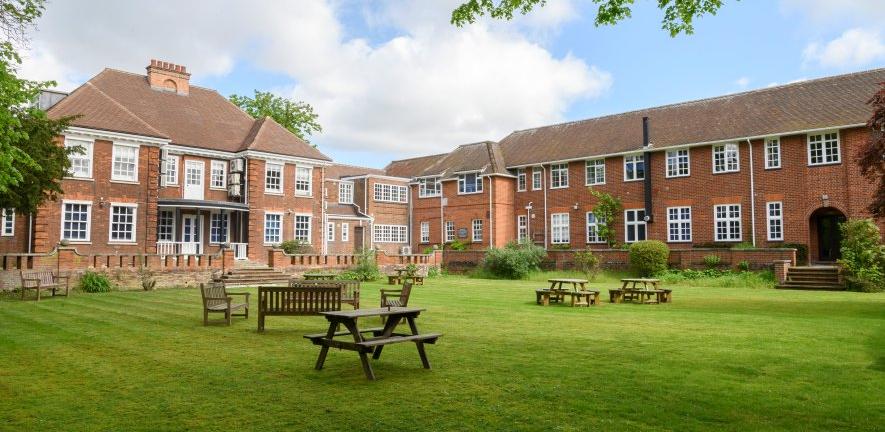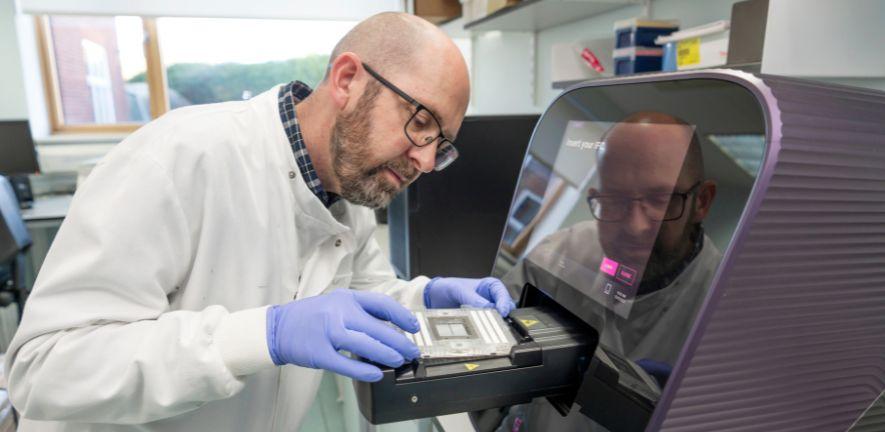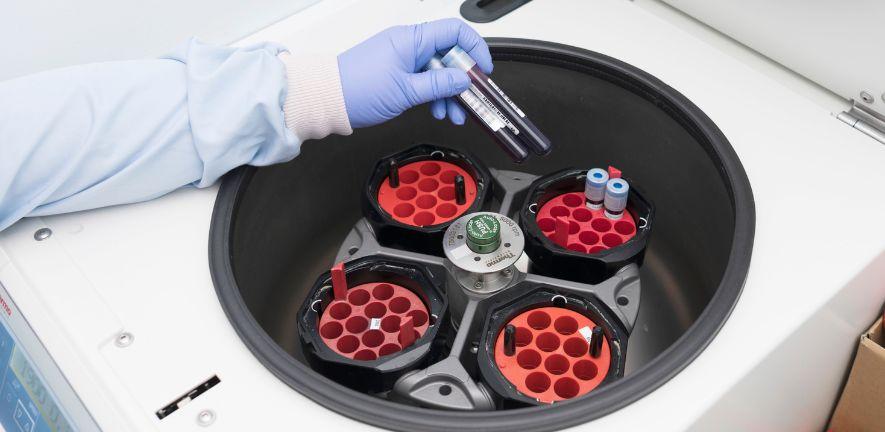Our Vision
The Centre for Cancer Genetic Epidemiology is among the world’s leading centres for research into the genetics and epidemiology of cancer. Our vision is to deepen our understanding of cancer susceptibility and aetiology, and to advance population-based translation to reduce cancer incidence and mortality, improve quality of life, and reduce healthcare costs both in the UK and globally.
Our research focuses on generating and analysing large-scale epidemiological, genetic, and other health data through international collaborative studies, biobanks and population-scale electronic health records and administrative data. We also focus on developing and applying advanced statistical techniques to model cancer and other disease risks, and to model natural history of cancer to inform early detection strategies.
Our specific research goals are:
- To identify and characterise cancer susceptibility loci.
- To use multi-omic data information to inform the functional based of cancer susceptibility and identify potential drug targets.
- To identify biomarkers for cancer onset (early detection) and progression.
- To understand the role of epidemiological risk factors in cancer susceptibility and progression and their interplay with genetic and genomic factors in asymptomatic and symptomatic individuals.
- To risk-stratify populations by using diverse data sources and advanced multifactorial risk modelling approaches.
- To develop and evaluate biology informed, risk-stratified screening strategies to optimise the benefit-harm balance of screening programmes and inform effective implementation of new programmes.
- To facilitate effective Prevention and Early Detection of Cancer and, where appropriate, to conduct intervention trial.



